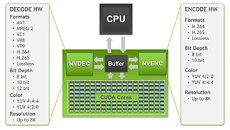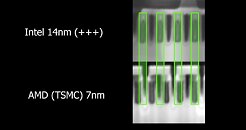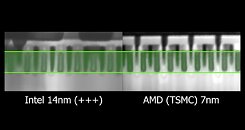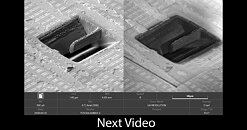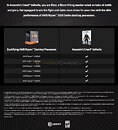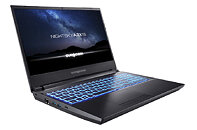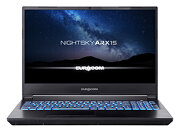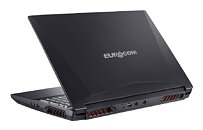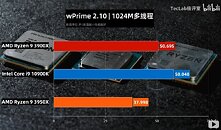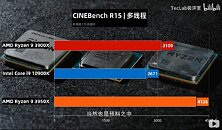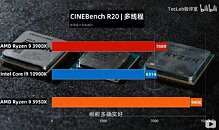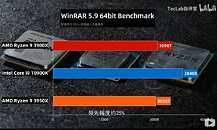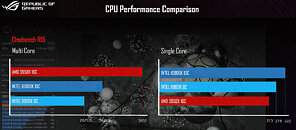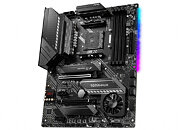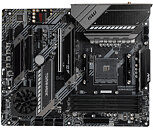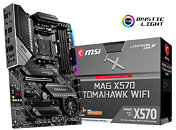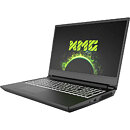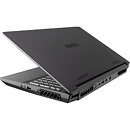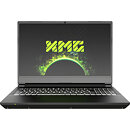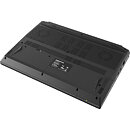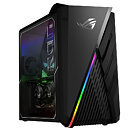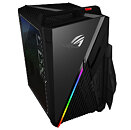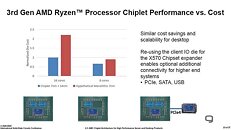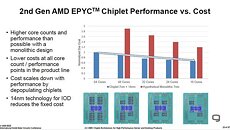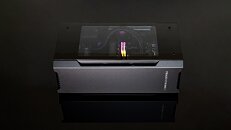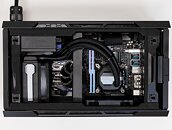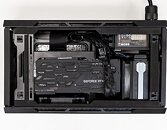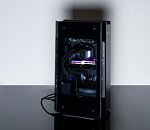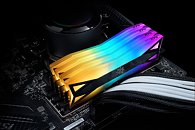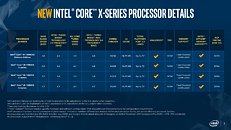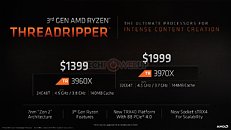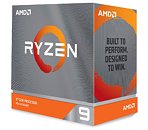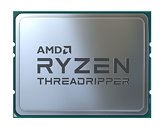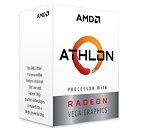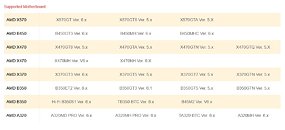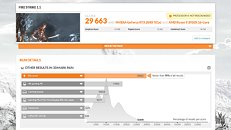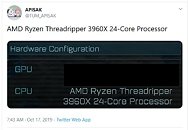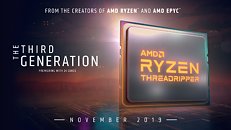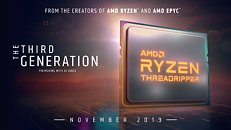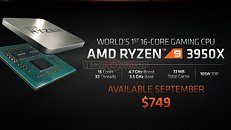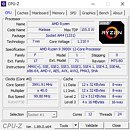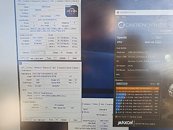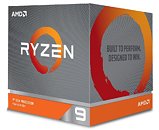GPU Hardware Encoders Benchmarked on AMD RDNA2 and NVIDIA Turing Architectures
Encoding video is one of the significant tasks that modern hardware performs. Today, we have some data of AMD and NVIDIA solutions for the problem that shows how good GPU hardware encoders are. Thanks to Chips and Cheese tech media, we have information about AMD's Video Core Next (VCN) encoder found in RDNA2 GPUs and NVIDIA's NVENC (short for NVIDIA Encoder). The site managed to benchmark AMD's Radeon RX 6900 XT and NVIDIA GeForce RTX 2060 GPUs. The AMD card features VCN 3.0, while the NVIDIA Turing card features a 6th generation NVENC design. Team red is represented by the latest work, while there exists a 7th generation of NVENC. C&C tested this because it means all that the reviewer possesses.
The metric used for video encoding was Netflix's Video Multimethod Assessment Fusion (VMAF) metric composed by the media giant. In addition to hardware acceleration, the site also tested software acceleration done by libx264, a software library used for encoding video streams into the H.264/MPEG-4 AVC compression format. The libx264 software acceleration was running on AMD Ryzen 9 3950X. Benchmark runs included streaming, recording, and transcoding in Overwatch and Elder Scrolls Online.Below, you can find benchmarks of streaming, recording, transcoding, and transcoding speed.
The metric used for video encoding was Netflix's Video Multimethod Assessment Fusion (VMAF) metric composed by the media giant. In addition to hardware acceleration, the site also tested software acceleration done by libx264, a software library used for encoding video streams into the H.264/MPEG-4 AVC compression format. The libx264 software acceleration was running on AMD Ryzen 9 3950X. Benchmark runs included streaming, recording, and transcoding in Overwatch and Elder Scrolls Online.Below, you can find benchmarks of streaming, recording, transcoding, and transcoding speed.
